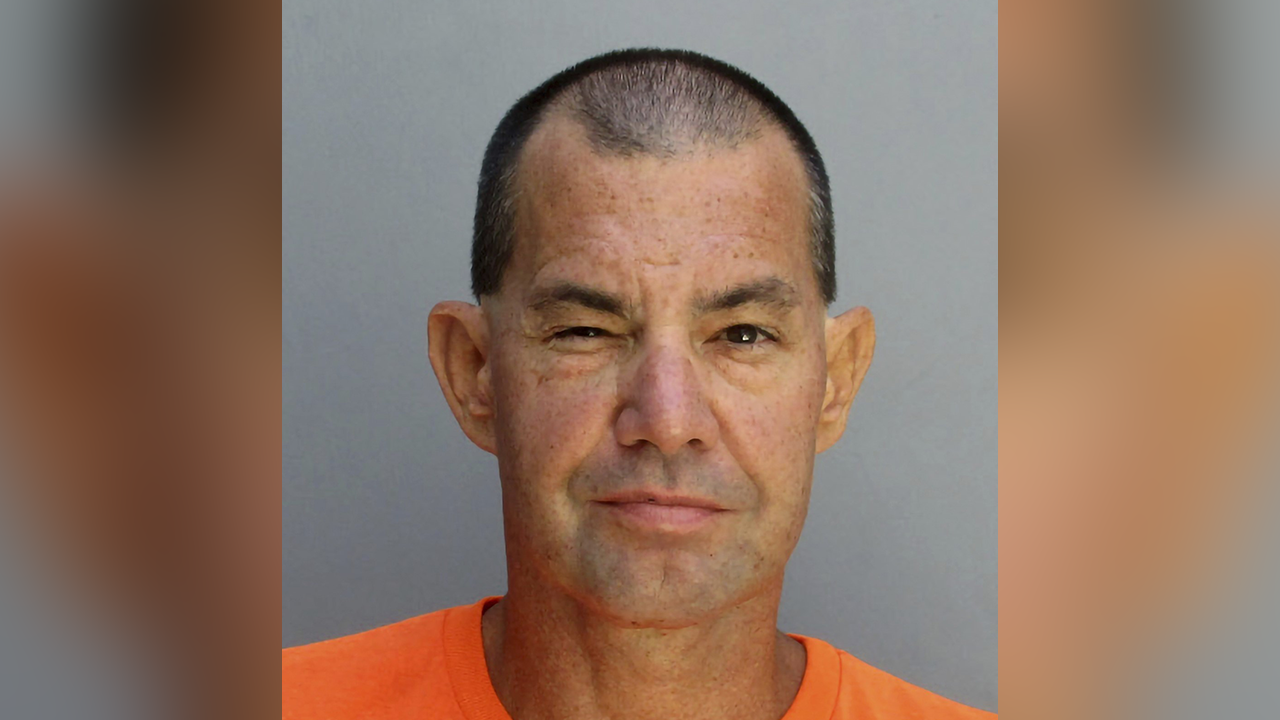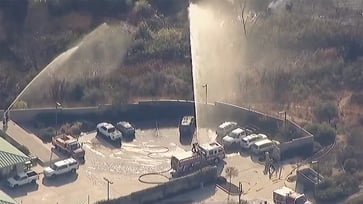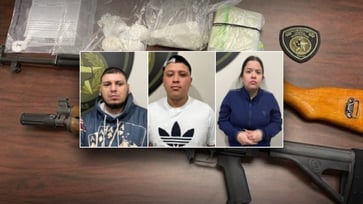An Arizona death row inmate seeks to be put to death sooner than the state intends.
Aaron Brian Gunches, 53, had previously advocated for the state to carry out his execution for his 2002 murder conviction.

An Arizona inmate on death row has requested the state Supreme Court to expedite his execution.
Aaron Brian Gunches, 53, had previously advocated for the state to carry out his execution for his conviction in the 2002 murder of Ted Price, his girlfriend's ex-husband, for which he had pleaded guilty. He is now scheduled to be put to death by lethal injection.
Arizona's first use of the death penalty since a two-year pause to review execution procedures would be the execution of Grunches.
This week, in a handwritten court filing, Gunches, who is not a lawyer and is representing himself, requested the state's high court to schedule his execution for mid-February.

He stated that his death sentence was "long past its due date" and that the state was delaying the process by requesting a court-ordered legal briefing schedule prior to the execution.
The Attorney General's office, which is seeking Gunches' execution, stated that a briefing schedule must be established to guarantee that corrections officials adhere to the execution protocol, including verifying the pentobarbital that will be administered during the lethal injection.
In 2019, Gunches requested the state Supreme Court to issue an execution warrant, arguing that justice would be served and the victim's family could attain closure.

The execution of Gunches had been scheduled for April 2023, but Democrat Gov. Katie Hobbs' office announced that the state was not prepared to carry out the death penalty because it lacked staff with the necessary expertise.
Hobbs had pledged not to execute any death sentences until there was certainty that the state could do so without breaking any laws. However, Hobbs terminated the review in November after she dismissed the retired federal magistrate judge she had appointed to lead it.

Arizona has a death row population of 111 inmates, but hasn't executed any inmates since 2022, following an almost eight-year halt caused by criticism over a botched 2014 execution and difficulties in obtaining lethal injection drugs.
Since the state has been criticized for delaying the insertion of an IV for lethal injection into a death row inmate, it has faced criticism.
The Associated Press contributed to this report.
us
You might also like
- In the Bryan Kohberger case, a judge in Idaho hears a defense motion regarding the murders.
- A fire broke out in Los Angeles County, prompting officials to issue evacuation orders.
- As fears of ICE raids intensify, a bustling Chicago district, often referred to as the "Mexico of the Midwest," has become a ghost town.
- Injured in a shooting at Antioch High School in Tennessee, three people were left in a lockdown.
- A German national who worked at the Pentagon during 9/11 was allegedly killed by a Vermont Border Patrol agent, according to the family.



















